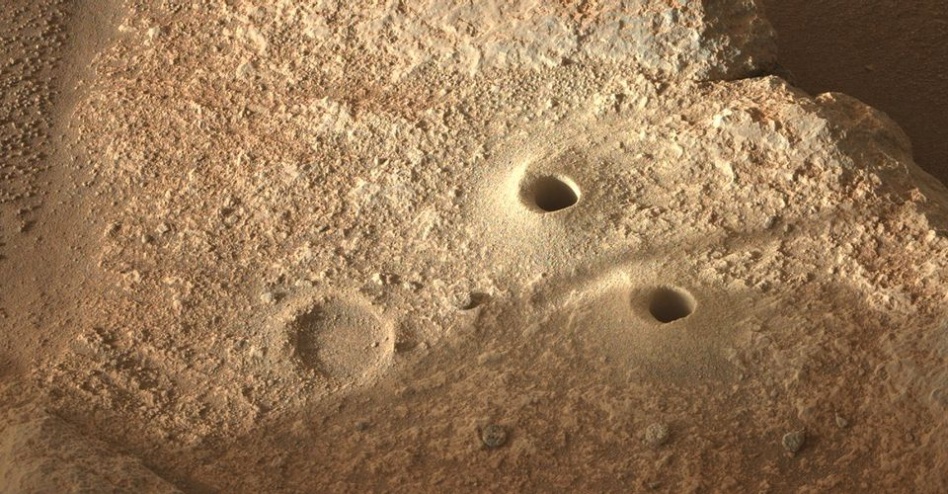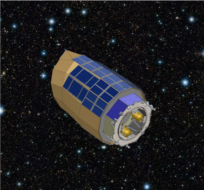Where in the world is Perseverance?
The NASA rover is wandering around Mars’s Jezero Crater right now, gathering evidence and samples in titanium tubes for scientists back on Earth to analyze for evidence of microbes. The agency and its partners are developing a mission for late this decade to ferry those samples back to Earth no earlier than 2031.
Space law: The 1967 Outer Space Treaty requires spacefaring nations to avoid contaminating other celestial bodies with Earth material, but the same applies in reverse. NASA needs to prevent any material that could damage Earth’s biosphere from escaping in the first place.
But how do you preserve and seal up extraterrestrial samples without destroying any evidence of microbial life? Why, enclosing tubes within a heat-sealed container, of course. The catch: Intense heat could damage the samples’ chemical signatures. Samples must stay below ~86°, the hottest Mars surface temp, sealed within an outer container using ~1000°F+ molten metal.
Engineers and scientists at NASA and partner agencies are looking into the best ways to insulate the samples or conduct that intense heat away from them. Other researchers are conducting tests to sterilize the container itself with high temperatures to reliably break down any Earth-based proteins.
Upshot: Finding the right way to safely contain Mars chemicals is a delicate balance—but there’s nearly a decade left to work out the details.




